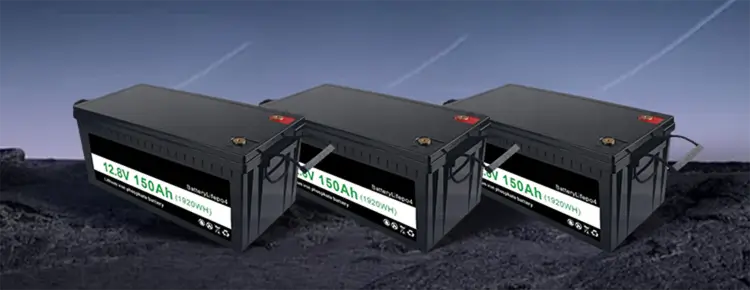
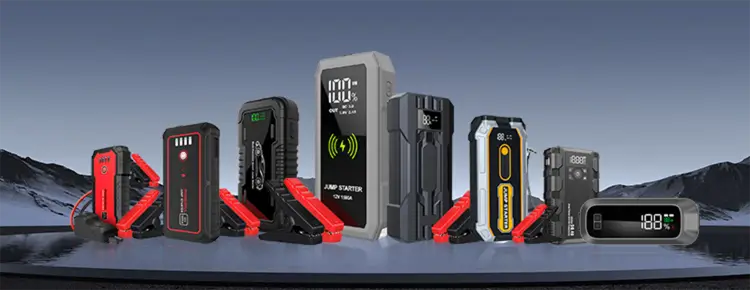
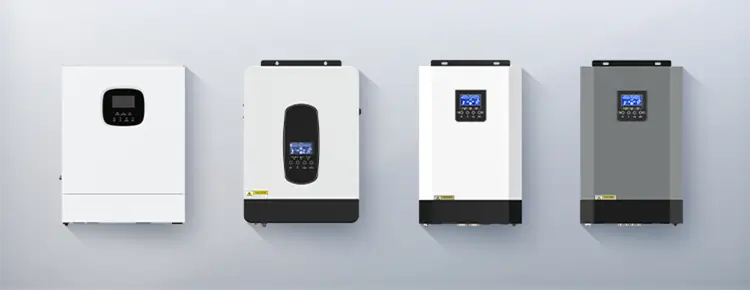

Blog
Hot Category
Latest Blog
13 Dec 2024
Eli
People often ask whether soft-pack or hard-shell is better for lithium batteries. As the development of lithium batteries is gradually closely related to our lives, we will analyze these two types of batteries with packaging materials today. I hope this sharing can help you.
A lithium battery soft pack is a lithium-ion battery encapsulated in a polymer shell. Its structure includes basic components such as positive electrode materials, negative electrode materials, electrolytes and diaphragms. Its performance characteristics are reflected in high safety, light weight and low internal resistance. For example, when a soft-pack battery has a safety hazard, it will only bulge and crack at most, avoiding the risk of explosion. Soft-pack batteries use lightweight flexible packaging materials and are lighter than metal shell batteries. The internal resistance of soft-pack batteries is small, which helps to reduce self-consumption and extend the storage time and number of uses of the battery.
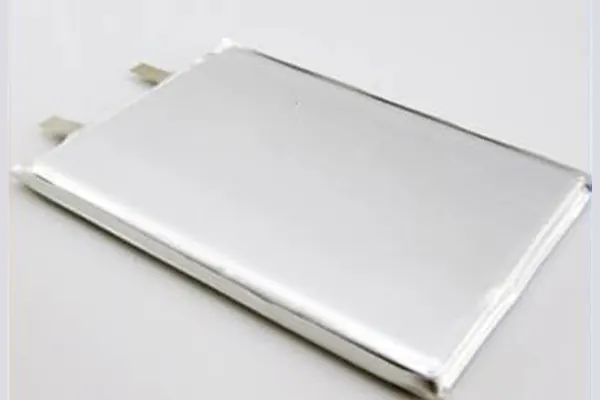
A lithium battery aluminum shell is a battery shell made of aluminum alloy material. From the appearance, aluminum shell batteries are hard shells and soft shells. Mainly used in square lithium batteries, the reason why lithium battery packs are packaged in aluminum shells is that they are light in weight and safer than steel shells. Aluminum shell lithium batteries are the mainstream of liquid lithium batteries at present, and are used in almost all fields related to lithium batteries. There are two types of lithium battery aluminum shell designs: square corners and rounded corners. The material of the aluminum shell is generally aluminum-manganese alloy. These alloys play different roles in the aluminum shell of lithium battery packs. For example, Cu and Mg improve strength and hardness, Mn improves corrosion resistance, Si can enhance the heat treatment effect of magnesium-containing aluminum alloys, and Fe can improve high-temperature strength.
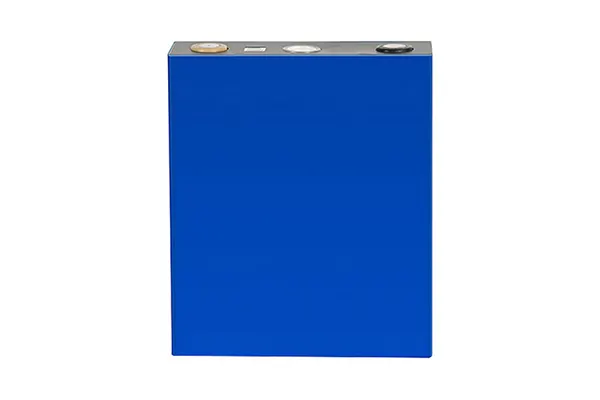
1. Packaging material: Soft-pack batteries use aluminum-plastic film as the outer shell, which provides good flexibility. Aluminum-shell batteries use aluminum alloy materials to make the outer shell, which is light in weight and safer than steel shells.
2. Safety: When a safety hazard occurs in a soft-pack battery, the battery is easy to bulge and exhaust, reducing the risk of explosion. However, due to the use of a fully sealed process, the air pressure of aluminum-shell batteries is not easy to be discharged under the same conditions, which increases the safety hazard.
3. Technical maturity: Aluminum shell technology is very mature, and the requirements for material technology (such as inflation rate, expansion rate and other indicators) are not high, and there are no technical barriers in the industry; soft-pack lithium batteries still have many technical problems to be solved, especially in the battery cycle expansion index, most battery cell factories have not yet solved this problem. The degree of automation in the manufacturing of aluminum shell batteries is higher than that of lithium battery pack soft-pack batteries. Therefore, to a certain extent, the impact of human factors on product consistency is reduced, and labor costs are saved.
In general, when choosing lithium battery soft-pack batteries and aluminum shell batteries, you can consider packaging materials, safety and technical maturity. At present, aluminum shell batteries are still the main ones in the market. After all, aluminum shell technology is very mature. In the future, soft-pack batteries may also become the dominant force in the market after overcoming those technical difficulties.